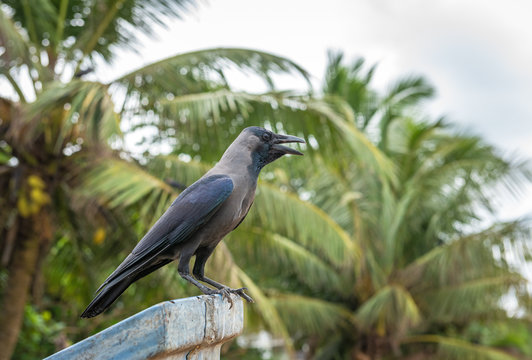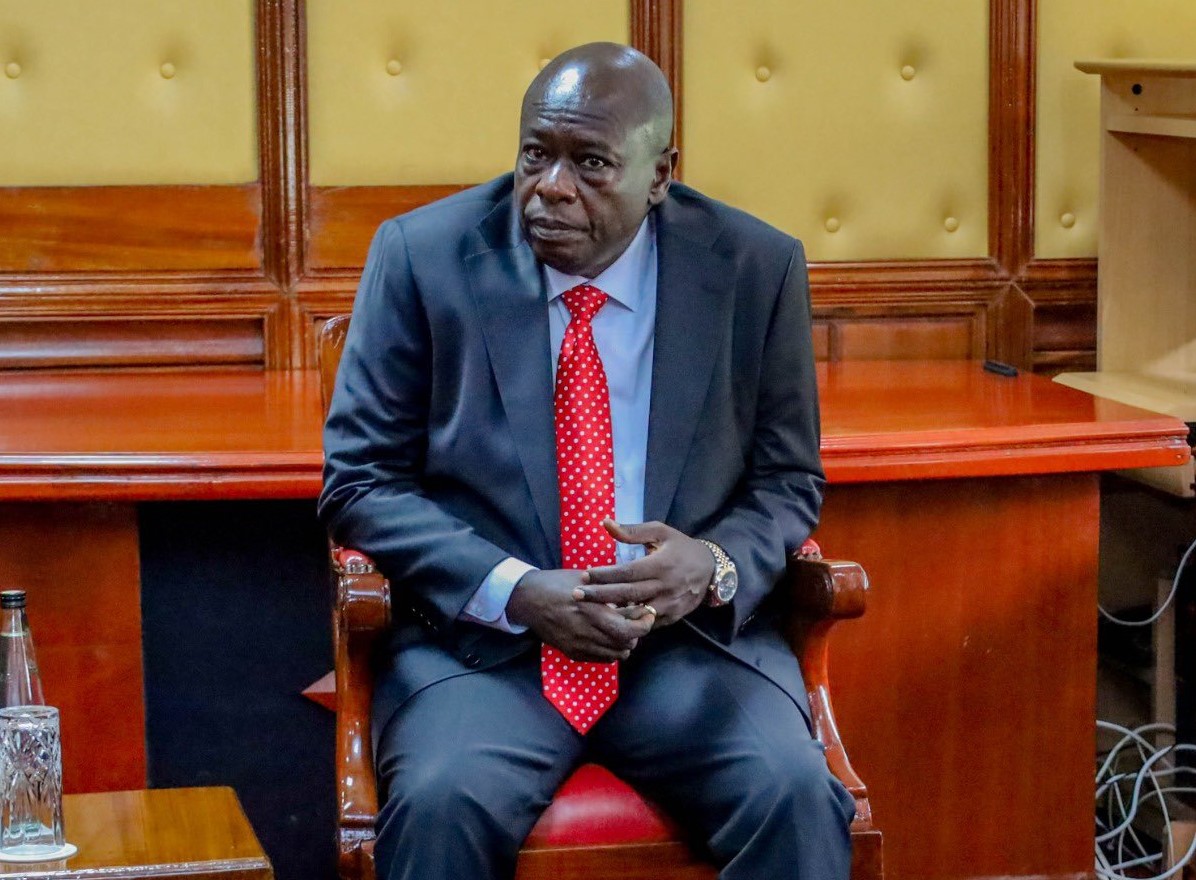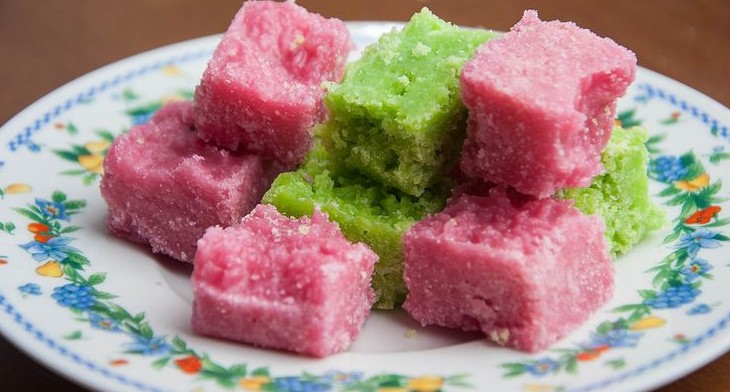KWS kicks off plan to eradicate one million house crows, restore Coast ecosystem

These invasive birds from India have long troubled ecosystems and disrupted the tourism industry by displacing native bird species and disturbing hotel guests.
The Kenya Wildlife Service (KWS) has initiated plans to eradicate one million house crows from Kenya's coast by December 31, 2024, as part of efforts to restore balance to the ecosystem and improve the quality of life for residents and tourists.
These invasive birds from India have long troubled ecosystems and disrupted the tourism industry by displacing native bird species and disturbing hotel guests.
More To Read
- Tensions flare as Kwale leaders demand removal of KWS from Diani-Chale Marine Reserve management
- Kilifi set to phase out KWS' control of Malindi and Watamu marine parks - Governor Mung’aro
- Elephants kill herder in Kitui as cases of human-wildlife conflict rise
- KWS officers and missing Naivasha fisherman shared location, court told
- Four arrested for poaching Dik-diks in Wajir using blinding torch tactic
- Proposed park fee hike may slash Kenya’s domestic tourism by 600,000 visitors, ministry warns
Residents like Badawy Ali from Mombasa spoke of the frustration the birds have caused them.
"When you park your car under a tree in the morning, you can be sure it will be covered in droppings by the end of the day," he said.
Local business owners such as Mombasa restaurant owner Hamisi Juma, welcomed the KWS' intervention.
"These birds are a nuisance. They target customers who are not paying attention and snatch their food. It's good to see action being taken."
The house crows have not only been a public nuisance but also a significant threat to native wildlife.
Hotelier Mohamed Hersi, who has primarily used his social media platforms to advocate for crow eradication, once noted how the crows affect other birds.
“I am happy to see that the ever-rare lovebird numbers are growing. These are wild birds, all I do is give them enough feed and water every day at 6 am and they are happy a lot. The nasty crows are their number one enemy, eating their eggs and young ones. Safe haven is key for their survival [sic]," he said in a past post.
The action plan was discussed at a meeting this week at the KWS Coast Conservation headquarters, which included representatives from the hotel industry, veterinarians, conservation groups like A Rocha, and the Wildlife Research and Training Institute (WRTI).
"The house crow eradication programme is of high public interest, and the government is committed to addressing this problem decisively," KWS Wildlife and Community Service director Charles Musyoki said.
Top Stories Today
- Gachagua petitions Supreme Court to block National Assembly's bid on Mwilu ruling
- Police recruitment to resume in September after three-year freeze - IG of Police Kanja
- Five journalists killed after Israeli strike hits tent outside Al-Shifa Hospital
- From crisis to cultivation: Haiti’s farmers build resilience one seed at a time
- Ogam, Omija and McCarthy reflect on Harambee Stars crucial win over Morocco
- From Kariokor Market to the world: Elizabeth Kioko’s beadwork legacy














































